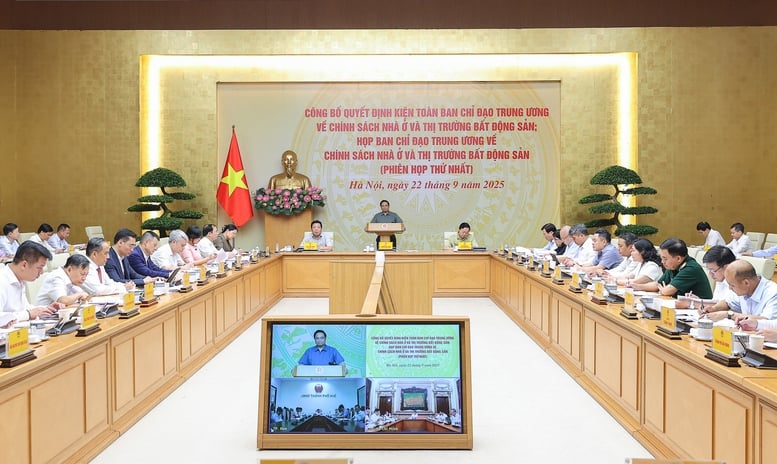
Prime Minister Pham Minh Chinh , Head of the Central Steering Committee on housing policy and real estate market, chaired the conference to announce the decision to reorganize the Steering Committee and the first meeting of the Steering Committee - Photo: VGP/Nhat Bac
At the meeting, the Prime Minister said that the real estate market and social housing development still face many difficulties. The legal system, although amended and supplemented, still has shortcomings, especially in the fields of land, bidding, approval of policies and selection of investors. Compensation, site clearance and resettlement work is still slow; determining land prices in many places is still difficult.
In addition, the housing segment is still inadequate, in which the main products are high-end segments, sometimes housing prices increase suddenly, especially in big cities.
Faced with this situation, the Prime Minister asked delegates to review and examine assigned tasks; affirm the achieved results; and at the same time clearly identify difficulties and bottlenecks to learn from experience and have management solutions in the coming time.
The Head of Government emphasized the spirit of "all for the people and the country, high determination, great effort, decisive action, each job must be done properly; assignment must be clear: clear people, clear work, clear time, clear authority, clear responsibility and clear products".
Many projects are being implemented but prices are "anchored" at high levels.
Reporting at the meeting of the Central Steering Committee on housing policy and real estate market, Deputy Minister of Construction Nguyen Van Sinh said that in the first 9 months of the year, the country had more than 1,810 housing projects and new urban areas under implementation, including 1,071 commercial housing projects with a scale of about 398,123 apartments. In addition, there were 478 infrastructure investment projects to transfer land use rights to people to build their own houses and 312 social housing projects with about 245,469 apartments.
As of September 2025, the total number of real estate transactions nationwide reached about 430,769, a slight increase of 1% over the same period in 2024. The apartment market in Hanoi and Ho Chi Minh City recorded an average selling price of 70 - 80 million VND/m², an increase of 5.6% over the beginning of the year. Some luxury projects have prices exceeding 150 million VND/m².
Land prices in Hanoi are generally in the range of 60 - 100 million VND/m², in Ho Chi Minh City they range from 60 - 120 million VND/m², while some suburban and surrounding areas have asking prices of up to 200 million VND/m². New social housing prices are mainly in the range of 15 - 25 million VND/m², with slight fluctuations.
Notably, housing support policies continue to be strongly implemented. By July 2025, the whole country had supported 34,754 poor households with revolutionary contributions in housing. By August, an additional 58,040 poor households were supported to build and repair houses, ahead of schedule.
According to experts, real estate prices in Vietnam are high, especially in Hanoi and Ho Chi Minh City, far beyond the affordability of most households. Meanwhile, the social housing segment, although cheaper, has limited supply, not enough to balance with actual demand.
Analysis of the above data shows that for social housing, the common selling price is 15 - 25 million VND/m². And for a 50 m² apartment, people have to spend from 750 million to 1.25 billion VND. Although much cheaper than commercial housing, with the current average income, workers still have difficulty accessing it.
Besides, looking at the trading market, there were 430,769 transactions, a slight increase of 1%, showing that demand is still there, but not explosive, reflecting that purchasing power is limited by high prices.
Limitations and problems
At the meeting, Deputy Minister Nguyen Van Sinh also pointed out the limitations. That is, the relevant legal system, although amended and supplemented, still has shortcomings, especially in the fields of land, bidding, auction... causing difficulties for projects.
At the same time, the implementation of laws on planning, land and housing in many localities is still slow, especially in the appraisal and approval of investment policies. Compensation, support and resettlement work is still entangled, and land price determination is often inaccurate, leading to delays and high costs.
In addition, some localities have not closely followed the approved housing development programs and plans, leading to a lack of initiative in managing product structure and project implementation. Real estate enterprises also face many difficulties in accessing credit capital, while the bond market still has potential risks.
These limitations show that the current real estate market picture is not only under pressure from supply and demand, but also heavily entangled in institutions and enforcement.
Without synchronous solutions, the real estate market will continue to fall into a state of imbalance: housing prices are increasing, supply is limited, and people's real needs for stable housing are not being properly met.
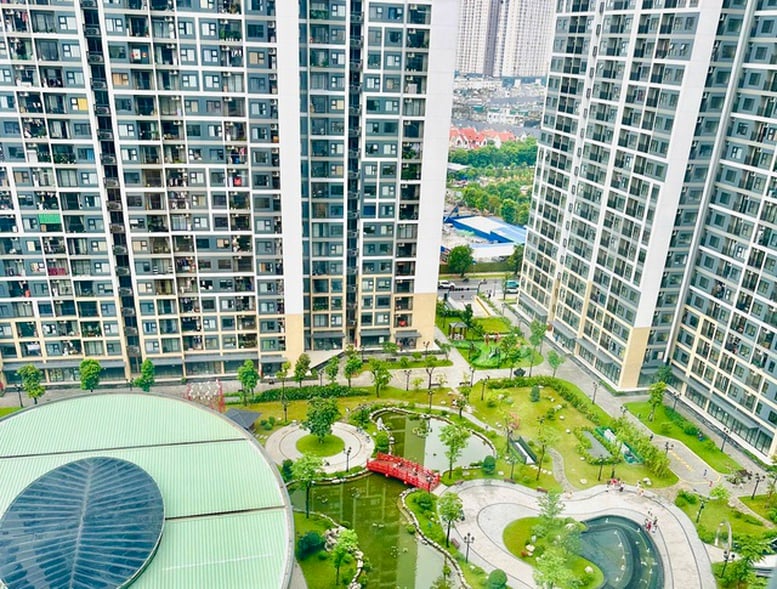
The current real estate market picture is not only under pressure from supply and demand, but also heavily entangled in institutions and implementation. Photo: VGP/Thuy Chi
Key tasks by the end of 2025
To develop the real estate market stably, the Deputy Minister of Construction emphasized a number of key and outstanding tasks.
One is to continue reviewing and perfecting mechanisms, policies and laws on housing, real estate business, land, planning, construction, etc. to remove obstacles and create a transparent legal corridor for the real estate market.
Second, promote the development of social housing, strive to complete the 2025 target assigned by the Prime Minister, and at the same time promote administrative procedure reform to create supply for the market.
Third is to strengthen market management, closely monitor transactions, and strictly handle acts of speculation, hoarding, and price hikes that cause supply-demand imbalances.
Fourth is to promote capital mobilization, diversify mobilization channels from society, banks, and bonds but must ensure safety and transparency.
The tasks assigned to the ministries and local branches are very specifically pointed out. The Ministry of Construction continues to research and perfect the law, propose a pilot mechanism for the model of "Real estate and land use rights trading center" to increase transparency. At the same time, coordinate with the Ministry of Finance to perfect the legal framework on the national housing development fund.
The Ministry of Finance resolves issues of capital mobilization, reviews laws related to securities, bonds, bidding, etc. to remove difficulties for the market.
The Ministry of Agriculture and Environment focuses on perfecting regulations on planning, land use, land allocation, land lease, and land price determination.
The State Bank operates a flexible credit policy, deploys a VND120,000 billion credit package for social housing, and expands preferential loans for young people under 35 years old buying a home for the first time.
People's Committees of provinces and cities need to speed up the appraisal and approval of projects, especially social housing; promptly handle difficulties and problems in localities; organize the reduction of administrative procedures and save costs for businesses.
It can be seen that with synchronous solutions from the central to local levels, the real estate market is expected to stabilize again in the last months of the year. Social housing and worker housing will be the priority segments, to meet the real housing needs of the majority of people, while contributing to reducing price pressure.
However, risks still exist if the implementation is delayed or lacks synchronization. To achieve the goal of sustainable development, ministries, branches and localities need to continue to coordinate closely, monitor closely, and ensure transparency and long-term stability of the market.
Giang Oanh
Source: https://baochinhphu.vn/thi-truong-bds-9-thang-2025-co-gam-sang-nhung-con-nhieu-vuong-mac-kho-khan-102250922183608424.htm


![[Photo] General Secretary To Lam attends the 1st Congress of the Central Party Committee of the Fatherland Front and Central Mass Organizations](https://vphoto.vietnam.vn/thumb/1200x675/vietnam/resource/IMAGE/2025/9/23/2aa63d072cab4105a113d4fc0c68a839)







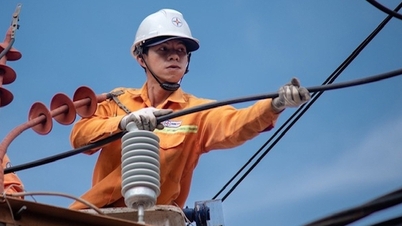








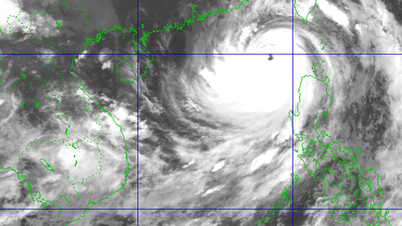



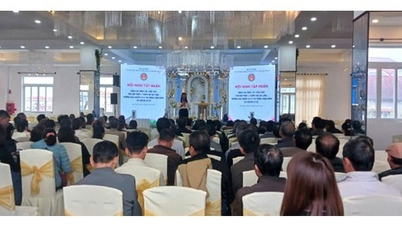

![[Photo] Prime Minister Pham Minh Chinh chairs the first meeting of the Central Steering Committee on housing policy and real estate market](https://vphoto.vietnam.vn/thumb/1200x675/vietnam/resource/IMAGE/2025/9/22/c0f42b88c6284975b4bcfcf5b17656e7)




























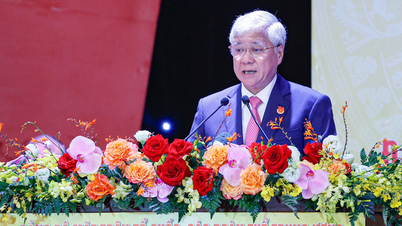











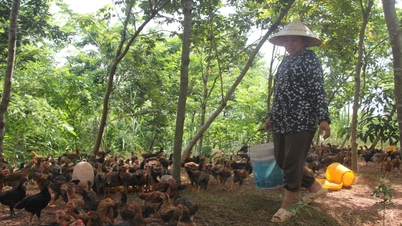

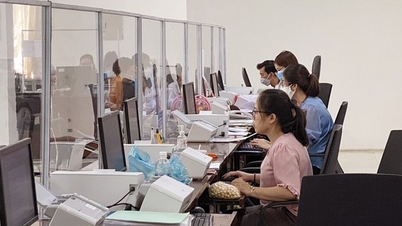



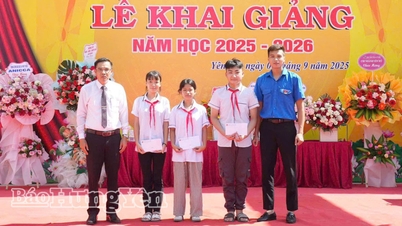








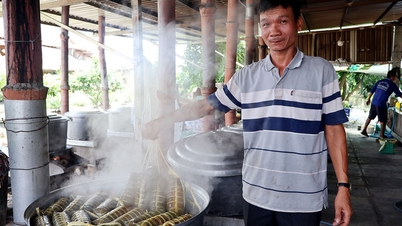










Comment (0)